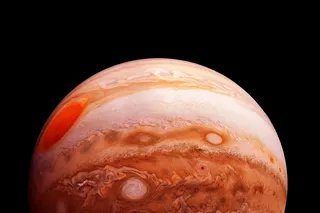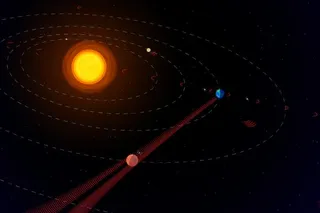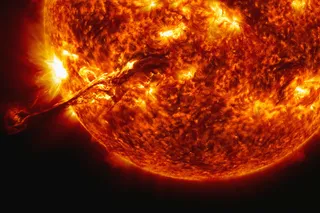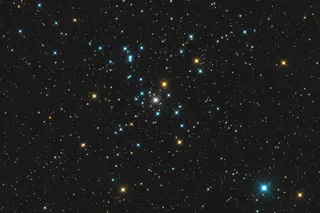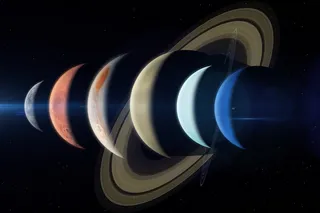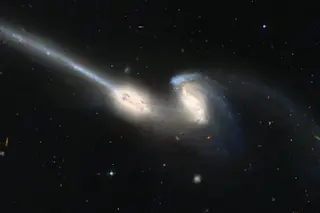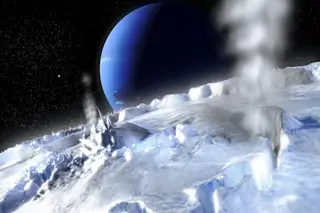Neil Armstrong, the astronaut who took a giant leap for mankind, died on Saturday
at the age of 82. Reserved and shy, Armstrong always insisted that he wasn’t a hero despite some fairly heroic acts. The unflappable commander of Apollo 11, he braved a mission that he thought
had only 50-50 odds of landing on the Moon, and a decent chance of never returning home. And when he realized that the original lunar landing site was untenable
, he took over from the computer to manually find a new site and set down---while fuel supplies ticked away. After returning to Earth, Armstrong's natural reserve didn't stop him from reaching out
, even after he retired from NASA to teach at the University of Cincinnati. But these aren’t the only reasons why we continue to label the first man on the moon a hero. It’s because when ...





